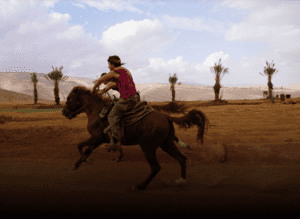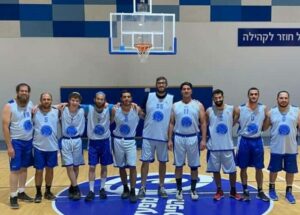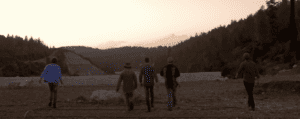Almost every Jewish community in the world is home to at least one mikvah (a ritual bath house). The water of the mikvah must be pure, natural, flowing water, and so rain water is gathered to be used in the mikvah. One can also achieve ritual purity by fully immersing in any body of natural water, such as oceans, lakes, and streams. Archaeologists have found evidence of ancient mikvahs all over Israel, dating back thousands of years. The tradition of the mikvah has been strictly preserved throughout generations. There were even mikvahs in some of the ghettos in Europe during World War Two. People literally risked their lives under Nazi rule in order to maintain the sanctity of this holy ritual.
The mikvah plays a significant role in several Jewish life cycle rituals. People who convert to Judaism mark their conversion by immersing in the mikvah. Women immerse in the mikvah before their weddings. Women are also required to immerse in the mikvah after their menstrual periods, and after they stop to bleed after childbirth. The High Priest also used to immerse in the mikvah before his services in the Holy Temple. The spiritual qualities of the mikvah are so inspirational, that people actually choose to immerse at other times, such as before the High Holidays and grooms on their wedding day. Many Hassidic men immerse in the mikvah every morning!
During a woman’s monthly cycle, she and her husband must physically separate. This period of time is known as Niddah. Niddah begins with the onset of menstrual blood, and finishes with the woman’s immersion in the mikvah, or ritual bath. “When a woman has her regular flow of blood…anyone who touches her will be unclean.” (Leviticus 15:19) … “Likewise, whoever touches them shall be unclean and shall wash his clothes and bathe in water…” (Leviticus 15:27).
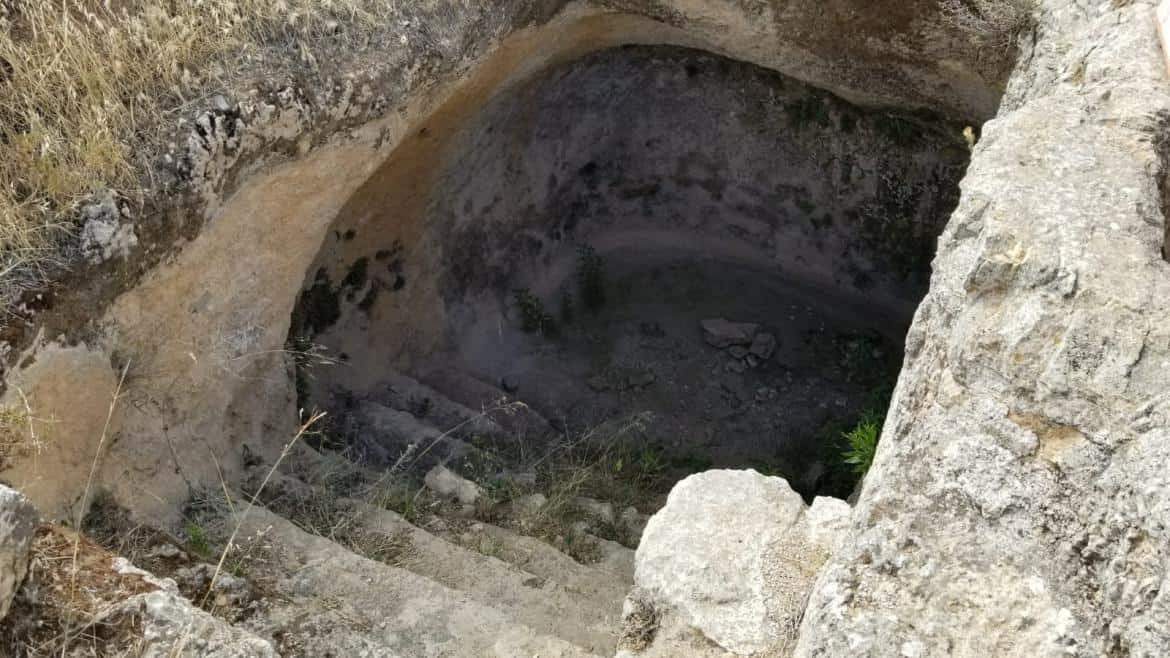 An ancient Mikvah in Psagot Israel
An ancient Mikvah in Psagot Israel
People often read the word “unclean” and incorrectly think that the Bible is calling women “dirty.” This is not the case, as even the High Priest was required to immerse in the mikvah before performing his holy duties. The waters of the mikvah take a person from a state of ritual impurity to a state of purity. Because mikvah water is required to be flowing, it is known as “living water,” and “ritual purity” is linked with “life.”
The High Priest immerses in two situations. The first is after coming in contact with a dead body, which puts him into a state of ritual impurity. The second is before the prayers on the High Holidays, in which he is beseeching God to inscribe His people in the Book of Life. Both of those times are tied to life and death. A woman immerses in the mikvah after her menstrual cycle in order to honor the potential life that has passed that month. The living waters of the mikvah restore purity, or life. A person converting to Judaism completes the process with immersion in a mikvah. According to Jewish tradition, a convert is viewed as a newborn child. Once a person enters the mikvah, a whole new life emerges, cleansed of its past, of its sins, and full of potential to achieve the highest levels of spirituality and closeness to God. The message of the mikvah is the importance of infusing this world with life, holiness, and spirituality. We take the gift of rain water and use it to elevate ourselves, to get closer to our Creator.
The Heart of Israel is involved in a project to build beautiful new mikvahs around Judea, Binyamin, and Samaria. No community is too big or too small for The Heart of Israel – we have contributed to new mikvahs in towns ranging from established Communities like Talmon, to small hilltop communities like Aish Kodesh. The mikvah in Talmon is undergoing renovation after 30 years!
If you are interested in taking part in one of our ongoing projects, you can donate here and become a true partner in making the world a purer place.
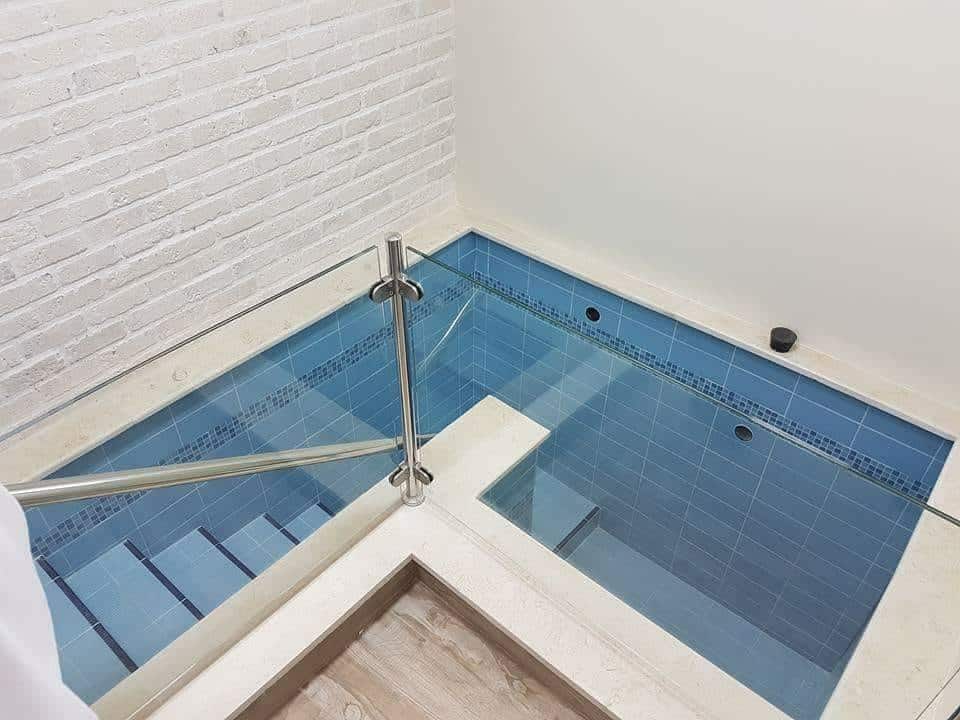 A Mikvah we built in Aish Kodesh
A Mikvah we built in Aish Kodesh

